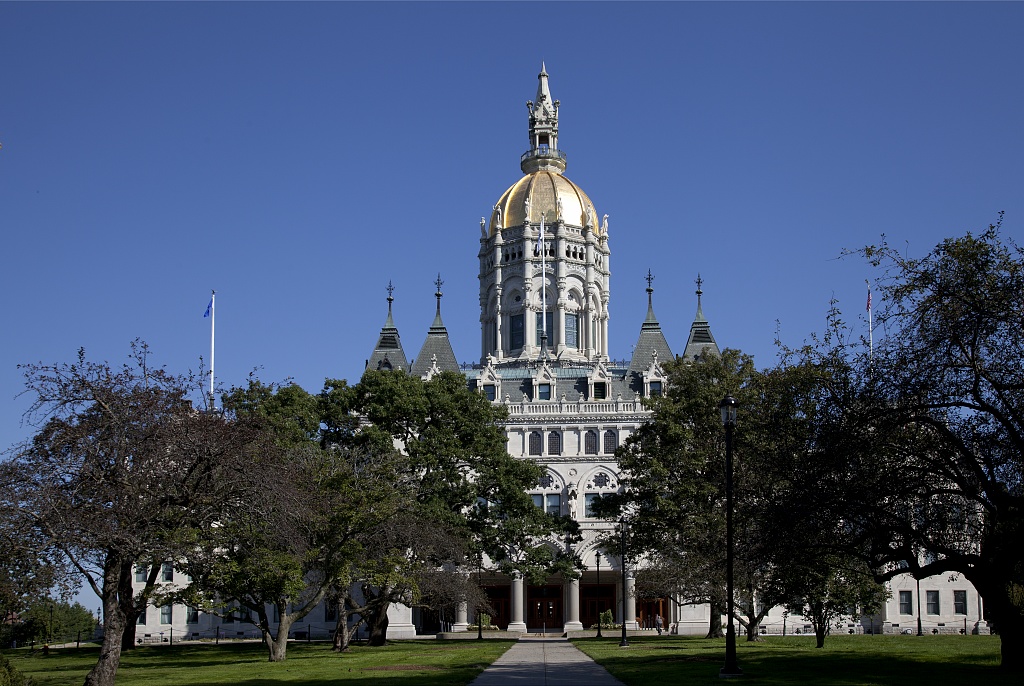America is a meritocracy.
So, why would anyone oppose a merit-based immigration system?
Our current immigration system — if it can be called a system — is broken and generates enormous controversy. Contrast this with Canada and Australia, which admit many more immigrants in proportion to their native populations and suffer no controversy. They use merit-based “point systems,” accepting only the most qualified.
Why the opposition to such a system in America? Well, life imitates art. Much of the real-life opposition derives from a deeply held belief in the evocative poetry at the base of the Statue of Liberty: “Give me your tired, your poor, your huddled masses yearning to breathe free.”
Red Jahncke is a nationally recognized columnist, who writes about politics and policy. His columns appear in numerous national publications, such as The Wall Street Journal, Bloomberg, USA Today, The Hill, Issues & Insights and National Review as well as many Connecticut newspapers.



